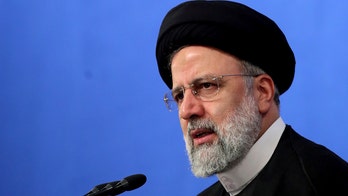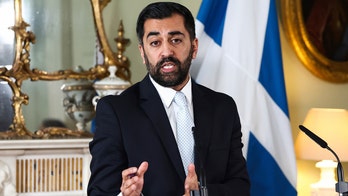The Netherlands is set to have its most right-wing government in decades, with Geert Wilders, the leader of the nationalist PVV, reaching an agreement with three other conservative parties. Former Dutch intelligence chief Dick Schoof is proposed as the prime minister, prioritizing stricter asylum policies and stronger border controls amidst concerns about mass migration and high crime levels.

The Netherlands is poised to establish its most right-wing government in decades, with Geert Wilders, the leader of the nationalist Party for Freedom (PVV), forming a coalition with three other conservative parties: the Christian Democratic Appeal (CDA), the Reformed Political Party (SGP), and 50PLUS, a party representing the interests of senior citizens.

This significant shift in Dutch politics is largely attributed to concerns about mass migration and high crime levels, which dominated the election campaign. The coalition's governing plan outlines strict asylum policies, aiming for the "strictest-ever asylum regime" with enhanced border controls and stringent rules for asylum seekers entering the Netherlands.
Geert Wilders, a vocal critic of the European Union and its immigration policies, has opted out of the top job in the cabinet. Instead, the proposed prime minister is Dick Schoof, a former Dutch intelligence chief who currently holds a senior position at the Dutch ministry of justice. Schoof has extensive experience leading various agencies, including the country's intelligence agency AIVD, anti-terrorism agency NCTV, and the Dutch immigration service.
The incoming government's focus on stricter asylum policies has the potential to create friction with the European Union, which advocates for a more humane approach to asylum seekers. The coalition has indicated that it will seek exceptions from EU asylum and environmental rules.
The proposed cabinet, led by Schoof, is expected to have looser ties to parliament, reflecting the coalition's desire for greater autonomy in decision-making. Finalizing the government's composition may take several weeks as the parties negotiate portfolios and responsibilities.
Once formed, the government will officially take office after Schoof is sworn in by the king. Wilders expressed his support for Schoof's candidacy, emphasizing his excellent track record and impartial stance as a non-party member.
Schoof's appointment is significant as he lacks a high international profile, having primarily focused on Dutch domestic policies. His experience in intelligence, anti-terrorism, and police reform is expected to shape the government's approach to security and crime prevention.
The Netherlands has been grappling with concerns about high crime rates, particularly in urban areas. The incoming government's focus on law and order, including stricter immigration policies and enhanced border controls, reflects a desire to address these concerns and improve public safety.
The formation of the new government in the Netherlands is a significant development in European politics. The coalition's right-wing agenda and focus on immigration and crime mirror trends observed in other European countries, indicating a growing shift towards more conservative and nationalist policies.










